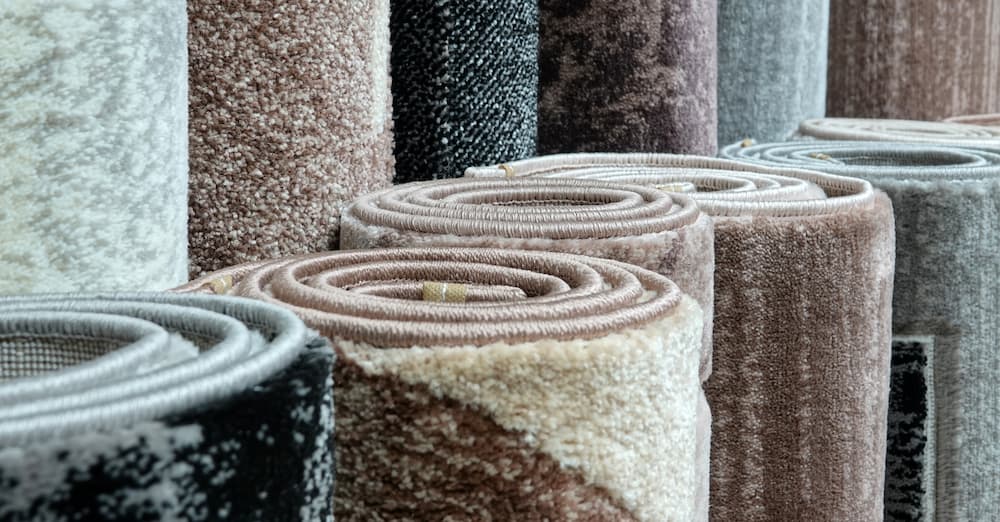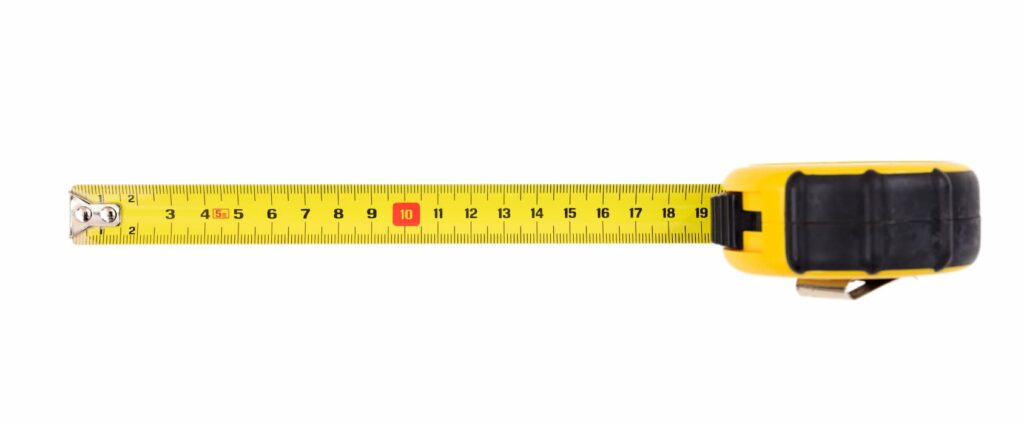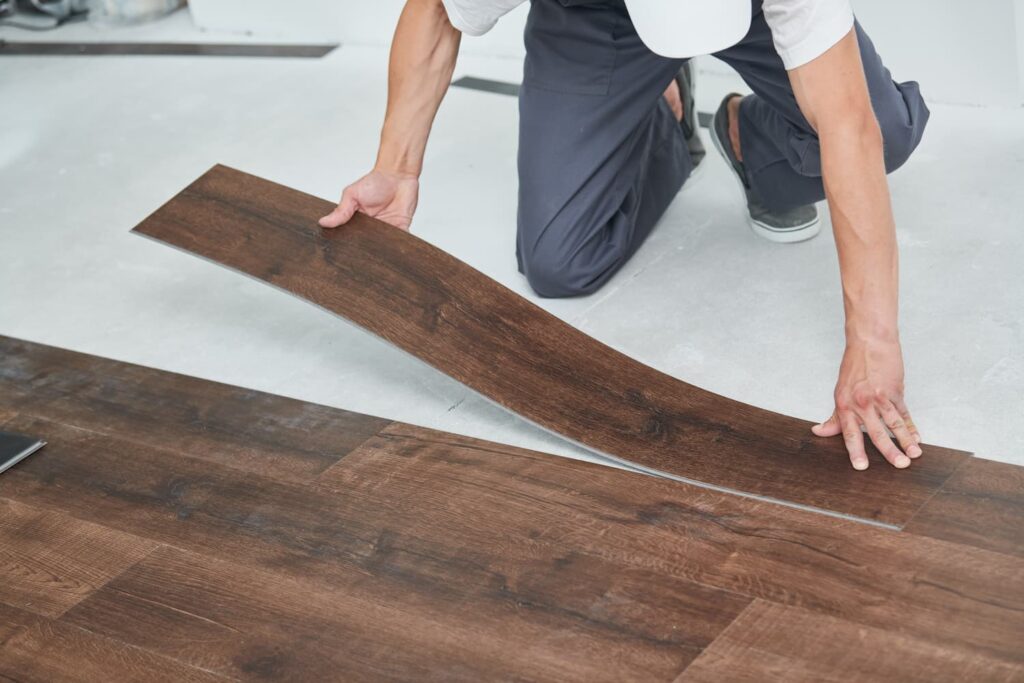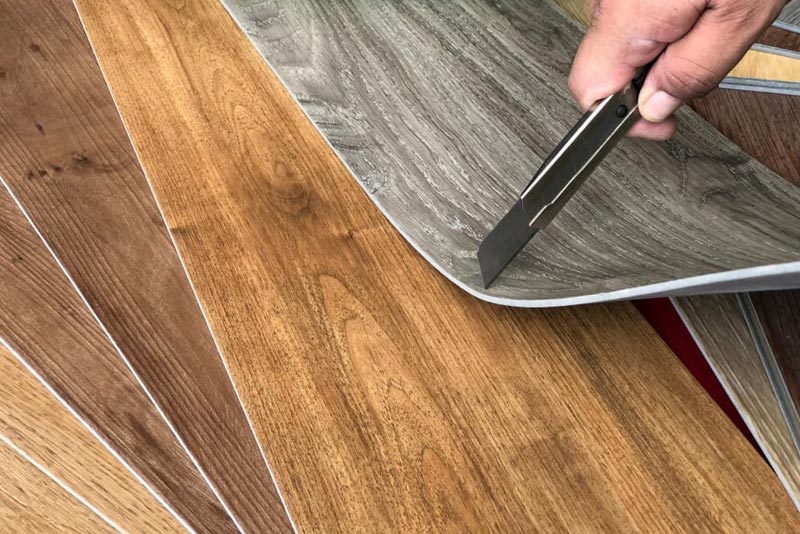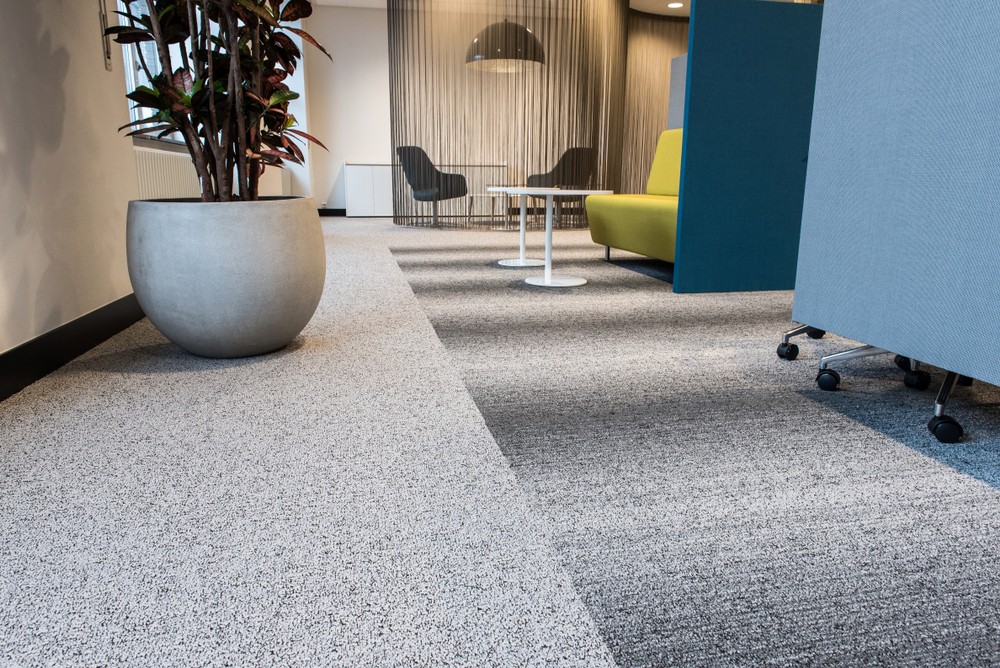
At Precision Flooring, we work hard to live up to our name. No matter what we’re installing on behalf of our clients, we take great care in choosing the right materials and tools for the job. Our goal is to deliver seamless, enduring, and aesthetically beautiful results consistently. Our reputation for superior workmanship comes from our careful planning and attention to detail. This is especially evident in our carpet tile installation, where we strive to find the perfect adhesives for every aspect of these processes. With the goal of helping our clients make informed decisions about their flooring, we’re sharing a few important things to know about choosing and using carpet glue.
Why Do You Need a Carpet Tile Adhesive for Proper Installation?
Carpet tiles or modular carpeting are not firmly fixed in place by tension and tack strips like wall-to-wall carpeting is. Each tile must be secured using a suitable adhesive. Although carpet tiles come with adhesive backing, there are sometimes instances where secondary carpet glue is used to bolster this backing further. Without carpet tile adhesive, carpet tiles would shift and rumple whenever they were walked across. Carpet adhesive is an essential component of the installation process that ensures carpet tiles’ integrity, functionality, and longevity.
What to Know When Choosing a Carpet Glue/Adhesive
No single carpet adhesive is guaranteed to work well in all applications. Certain factors can impact how well a glue performs, including how long the installation process takes, where and why the carpet is being installed, and many others. Following are several important things to know when choosing a carpet glue or adhesive.
Purpose of Carpet Tile Adhesive
The purpose is a critical consideration when choosing a carpet adhesive. Where you intend to lay your carpet tiles and how long you intend to keep them in place matters. For instance, carpet tiles should be affixed using a heavy adhesive in high-traffic areas such as stairways and hallways. If you intend to use your carpet tiles as part of a temporary flooring solution, you’ll want to choose a resealable carpet glue. The more you know about your project, the easier it is to determine which adhesive types will work best. Carpet tile tackifier adhesive is popular for many flooring projects in the D.C. metro area. It provides a reliable, durable set but can be easily removed when changes to the flooring are enacted.
Type of Flooring
The type of flooring or sub-flooring on which the carpet tiles are installed can affect the adhesiveness of the glue you choose for the floors in your Northern Virginia home. Before completing any installation using flooring glue, it is important to prepare the sub-floors. This will minimize problems with adhesion, but it is also vital to choose a glue that will adhere well to the sub-flooring type that’s being treated; whether you’re installing carpet tiles over wood or concrete matters in glue selection.
Open Time/Working Time
Hot temperatures and low humidity levels make it necessary to expedite carpet tile installation. In these conditions, most adhesives that are applied will dry rapidly. The available time and working time of an adhesive are important. If an adhesive dries too quickly or the conditions are right for rapid drying, installers won’t have adequate time to lay tiles with care, and permanent bonds can be made with aesthetically unpleasing results. Open time designates how long an adhesive will remain viable to installers after being opened and applied. Working time indicates how long installers have to put carpet tiles down in the targeted area. For instance, some products have an open time of 30 to 40 minutes and an installation or working time of 60 minutes. This is another area in which carpet tile tackifier adhesive stands out. These PVC-like products go on white and are not ready for tile application until they’ve become absolutely clear.
Solvent-Based vs. Water-Based Adhesives
How adhesives form their bonds is largely determined by whether they are solvent-based or water-based. As water or solvents evaporate, adhesives cure, and carpet tiles become firmly set. While water-based solvents are better for the environment and less likely to off-gas fumes, their bonds are more tenuous than solvent-based adhesives. Water-based products are best suited for short-term carpet tile applications, and solvent-based adhesives are typically chosen for longer-lasting installations.
Moisture Content
The moisture content of concrete slab flooring is a critical matter. Carpet tiles should not be installed directly over slabs with high moisture content. Numerous problems can occur. Excess moisture can prevent adhesives from holding, and it can also diminish the integrity and appearance of the carpet tiles themselves. However, when subfloors have a relatively high but still acceptably high level of moisture at the start of installation, carpet glue should be chosen that reflects this challenge.
So, What Exactly is Used as Carpet Tile Adhesive?
Carpet adhesives are specially formulated products. Some are meant to hold up well in high-traffic areas, and some are designed for short-term or temporary adhesion. There are solvent-based and water-based carpet glues and PVC-like tackifier adhesives. It is best to consider all relevant factors before choosing and committing to any glue type in every instance.
The DC-Area Carpet Tile Pros
If you’re planning to install carpet tile in your Northern Virginia or D.C. Metro Area home, Precision Flooring has got you covered. We are the carpet tile pros of the D.C. area. We carefully consider all factors that affect adhesion before choosing adhesives for every project we take on. If you’re ready to start planning your flooring project, fill out our contact form or call us today!

